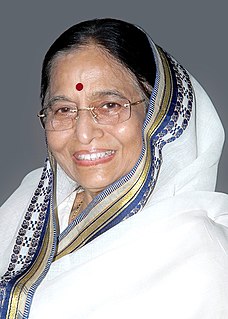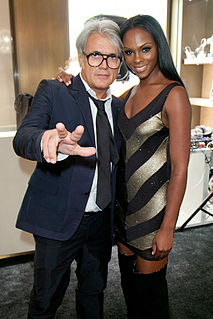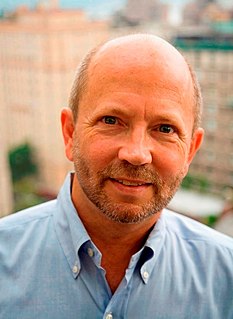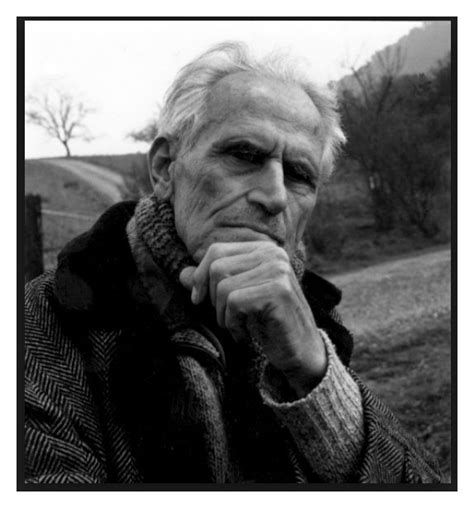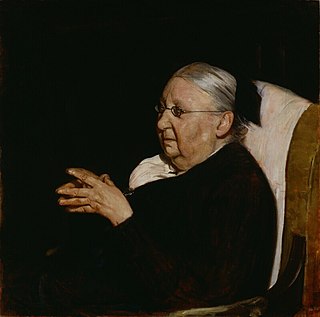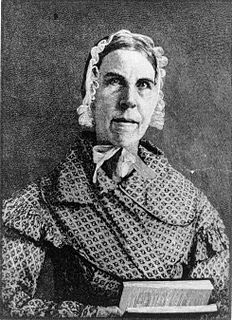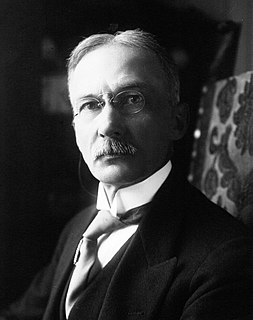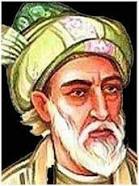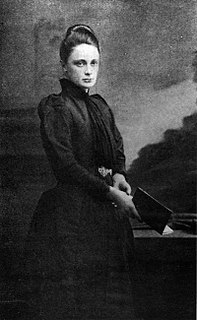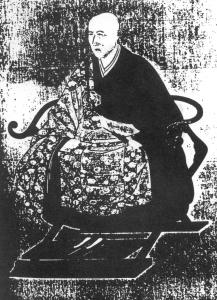Top 1200 Wealth Of Knowledge Quotes & Sayings - Page 20
Explore popular Wealth Of Knowledge quotes.
Last updated on October 8, 2024.
What I know for sure is that it's only when you make the process your goal that the big dream can follow. That doesn't necessarily mean your process will necessarily lead you to wealth or fame. In fact, your dream may have nothing to do with tangible prosperity and everything to do with creating a life filled with joy, one with no regrets and a clear conscience. I've learned that wealth is a tool that gives you choices, but it can't compensate for a life not fully lived and it certainly can't create a sense of peace within you.
It seems plain and self-evident, yet it needs to be said: the isolated knowledge obtained by a group of specialists in a narrow field has in itself no value whatsoever, but only in its synthesis with all the rest of knowledge and only inasmuch as it really contributes in this synthesis toward answering the demand, "Who are we?"
With the stand-up comic on TV, whether it's Seinfeld or Cosby or Roseanne, more important than their knowledge of how to tell a joke is their knowledge of themselves, or the persona they've created as themselves. So that when you're in a room with writers, you can say, 'Guys, that's a funny line, but I wouldn't say it.'
But knowledge does not protect one. Life is contemptuous of knowledge; it forces it to sit in the anterooms, to wait outside. Passion, energy, lies: these are what life admires. Still, anything can be endured if all humanity is watching. The martyrs prove it. We live in the attention of others. We turn to it as flowers to the sun.
But the most dangerous Hypocrite in a Common-Wealth, is one who leaves the Gospel for the sake of the Law: A Man compounded of Law and Gospel, is able to cheat a whole Country with his Religion, and then destroy them under Colour of Law: And here the Clergy are in great Danger of being deceiv'd, and the People of being deceiv'd by the Clergy, until the Monster arrives to such Power and Wealth, that he is out of the reach of both, and can oppress the People without their own blind Assistance.
Tax time approaches, and Americans are as always paying H & R Block billions to help them save some of their wealth from their ravenous government. Pitiful, in a way: it underlines the grim but
unacknowledged fact that the government is their enemy and they have to hire protection from it. But don't we enjoy 'self-government'? Well, if we have it, I'd hardly say we enjoy it. True, we aren't being taxed by the monarch of Great Britain, but our American-born rulers claim far more of our wealth than the British monarchs ever did.
Acquisition of knowledge is not the end, but the means to the end; the end consists in the attainment, thanks to this knowledge of the higher worlds, of greater and truer self-confidence, a higher degree of courage, and a magnanimity and perseverance such as cannot, as a rule, be acquired in the lower world.
Equations seem like treasures, spotted in the rough by some discerning individual, plucked and examined, placed in the grand storehouse of knowledge, passed on from generation to generation. This is so convenient a way to present scientific discovery, and so useful for textbooks, that it can be called the treasure-hunt picture of knowledge.
None of us, remember, knew that 9/11 was gonna happen. We didn't live in a state of anxiety and fear about Osama Bin Laden. The CIA might have, and they failed to prevent it. But the general public didn't have any knowledge. Now we have knowledge of it, and it's a very clear and present danger in our lives.
Teachers have told us across the country that what's severely outdated is the teacher at the front of the classroom as the font of knowledge, because as we know, access to knowledge and information is now ubiquitous. So instead, teachers want to help students learn how to think so that they can be lifelong learners.
I would rather instill in my amateur students love, than knowledge, of music. Left with only knowledge, they will at the end close their books and consign the course to forgetfulness. But if they have learned to love but the smallest part of the art, they are likely to pursue some phase of it the rest of their lives.
One percent of the nation owns a third of the wealth. The rest of the wealth is distributed in such a way as to turn those in the 99 percent against one another: small property owners against the propertyless, black against white, native-born against foreign-born, intellectuals and professionals against the uneducated and the unskilled. These groups have resented one another and warred against one another with such vehemence and violence as to obscure their common position as sharers of leftovers in a very wealthy country.
When Jesus warns us not to store up treasures on earth, it's not just because wealth might be lost; it's because wealth will always be lost. Either it leaves us while we live, or we leave it when we die. No exceptions....Realizing its value is temporary should radically affect our investment strategy.... According to Jesus, storing up earthly treasures isn't simply wrong. It's just plain stupid.
With all thy getting, get understanding, is the banner under which these Forbes editorials have appeared since the first issue of the publication. We have no illusions about what great wealth can do and what it cannot do. We believe in the worthwhileness of striving by all worthy means to attain success and to attain wealth. Simply because we are convinced that no amount of money is worth the sacrifice of one's better instincts, of one's self-respect-of one's soul, if you wish-simply because we are convinced that riches not gained legitimately and decently are not worth having.
Therefore only through education does one come to be dissatisfied with his own knowledge, and only through teaching others does one come to realize the uncomfortable inadequacy of his knowledge. Being dissatisfied with his own knowledge, one then realizes that the trouble lies with himself, and realizing the uncomfortable inadequacy of his knowledger.
The information revolution has changed people's perception of wealth. We originally said that land was wealth. Then we thought it was industrial production. Now we realize it's intellectual capital. The market is showing us that intellectual capital is far more important that money. This is a major change in the way the world works. the same thing that happened to the farmers during the Industrial Revolution is now happening to people in industry as we move into the information age.
I found myself desiring and knowing less and less, until I could say in utter astonishment: "I know nothing, I want nothing." Earlier I was sure of so many things, now I am sure of nothing. But I feel I have lost nothing by not knowing, because all my knowledge was false. My not knowing was in itself knowledge of the fact that all my knowledge is ignorance, that "I do not know" is the only true statement the mind can make....I do not claim to know what you do not. In fact, I know much less than you do.
We see that there are two different kinds of...societies: (a) parasitic societies and (b) producing societies. The former are those which live from hunting, fishing, or merely gleaning. By their economic activities they do not increase, but rather decrease, the amount of wealth in the world. The second kind of societies, producing societies, live by agricultural and pastoral activities. By these activities they seek to increase the amount of wealth in the world.















